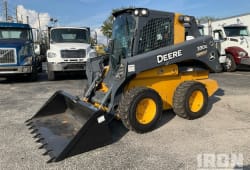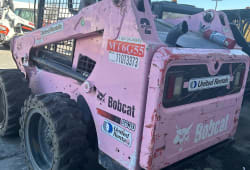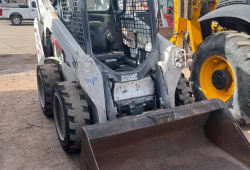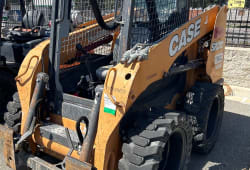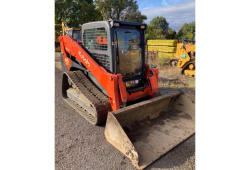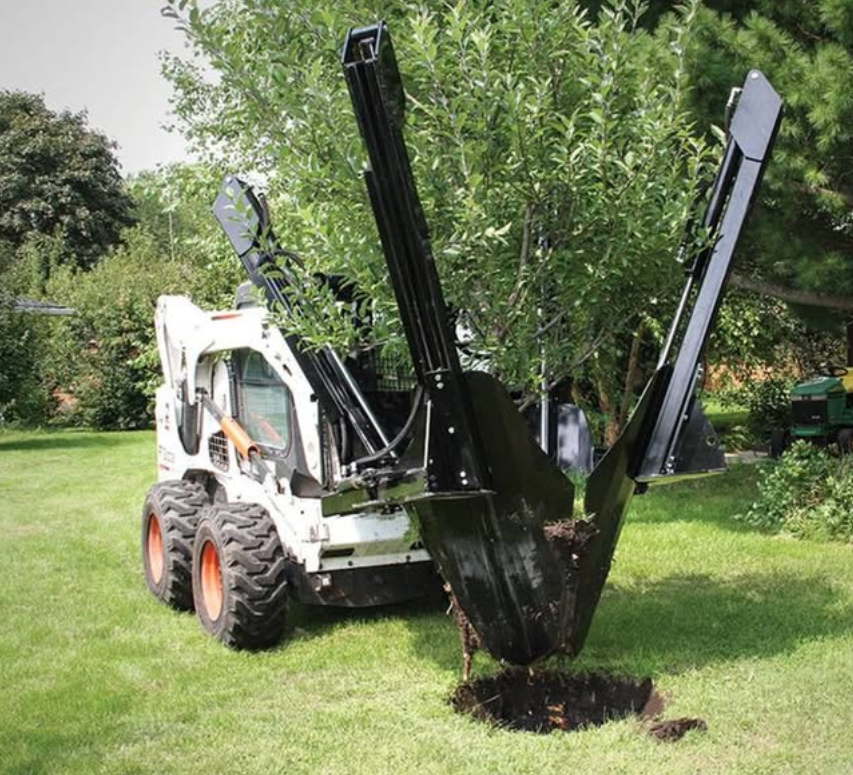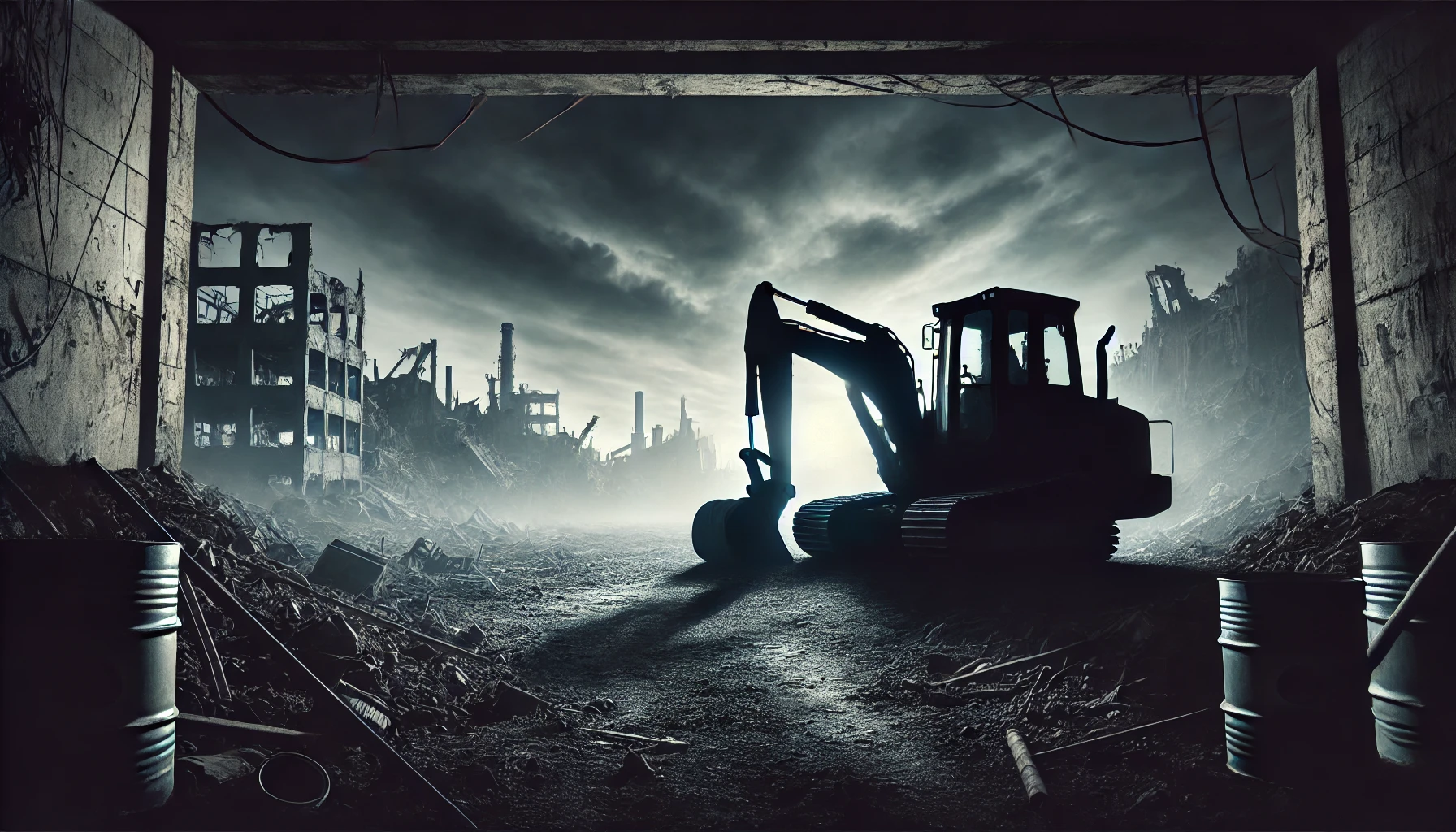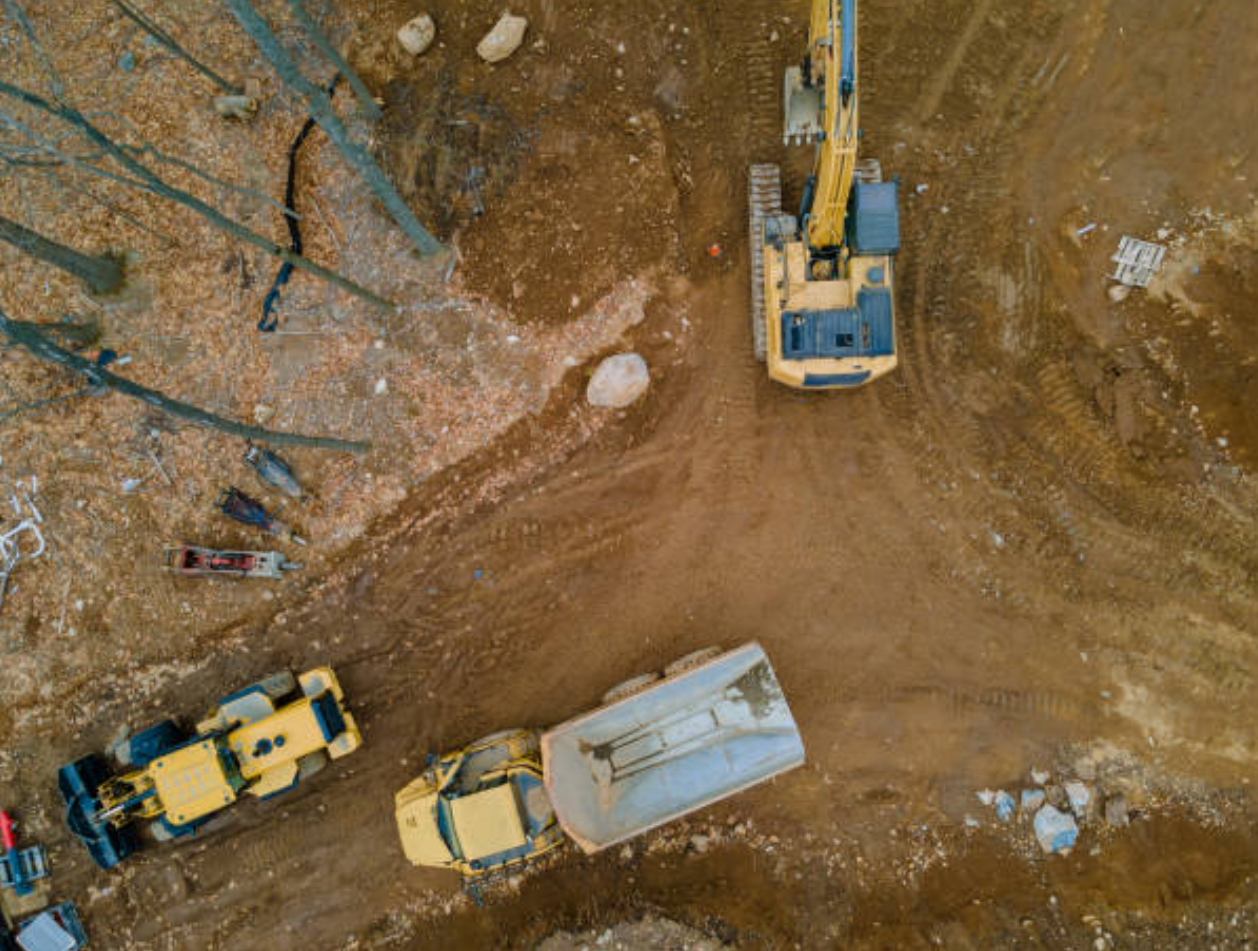How to Find the Perfect Skid Loader for Sale to Suit Your Needs
10 Lectura mínima
)
junio 30, 2023
If you're in the market for a skid loader, it's important to understand the different types and features available. With so many options out there, it can be overwhelming to choose the right one for your needs. This article will guide you through the process of finding the perfect skid loader for sale, whether you're a contractor, farmer, or just looking for a versatile machine for your home projects.
Understanding Skid Steer Loaders and Their Applications
Skid loaders, also known as skid steers, are compact machines designed for a variety of tasks. They're popular in the construction, farming, and landscaping industries because of their versatility, power, and maneuverability. Skid steers work and loaders are ideal for working in tight spaces thanks to their small size and ability to turn on their axis.
What is a Skid Loader?
A skid loader is a machine that uses its tires or tracks to move in a straight line, or " skid." They're called skid steers because they turn by skidding the wheels on one side of the machine while the other side moves forward. This allows the skid steer loader to pivot and turn in tight spaces. The loader arms of a skid steer are powered by hydraulic fluid, which is pumped from the engine to the arms through a series of pipes and valves.
Skid loaders are powered by diesel engines and typically have two-speed transmissions. They come in a range of sizes, from small, compact machines that can fit through a standard doorway to larger machines that can lift several thousand pounds.
Common Uses for Skid Loaders
Skid loaders are used for a wide range of tasks, including digging, grading, hauling materials, and even snow removal. They're often equipped with a variety of attachments, such as buckets, forks, and grapples, making them extremely versatile. Skid loaders are also used for landscaping and grounds maintenance, as they can easily maneuver around obstacles and work in tight spaces.
One common use for skid loaders is in the construction industry. They're often used to move materials around a job site, such as dirt, gravel, and concrete. Skid loaders can also be used to dig trenches and foundations, as well as grade and level the ground.
In the farming industry, skid loaders are used for tasks such as feeding livestock, cleaning barns, and moving hay bales. They can also be used to clear snow from driveways and sidewalks during the winter months.
Types of Skid Loaders: Wheeled vs. Tracked
There are two types of skid loaders available: wheeled and tracked. Wheeled skid loaders are ideal for working on hard surfaces, such as concrete or asphalt. They provide a smooth ride and are easy to maneuver. Compact track loaders, on the other hand, are better suited for working on soft surfaces, such as mud or snow. They provide better traction and stability but are slower to operate and less maneuverable than wheeled skid loaders.
Wheeled skid loaders are often more compact equipment used in urban areas, where they can work on sidewalks and other hard surfaces. Tracked skid loaders are more serious equipment commonly used in rural areas, where they can work on soft ground and rough terrain.
Both wheeled and tracked skid loaders can be equipped with a variety of attachments, such as buckets, forks, and grapples. Some wheels and skid loaders can even be equipped with specialized attachments, such as trenchers and augers, for specific tasks.
Conclusion
Skid loaders are versatile machines that are used in a variety of industries. They're ideal for working in tight spaces and can be equipped with a range of attachments for different tasks. Whether you're in the construction, farming, or landscaping industry, a skid loader can help you get the job done quickly and efficiently.
Key Features to Consider When Buying a Skid Loader
When it comes to buying a skid steer loader, there are several key features that you need to consider to ensure that you choose the right one for your needs. Here are some additional details to help you make an informed decision:
Load Capacity
The load capacity of a skid loader is an important consideration when selecting the right machine for your job. It refers to the amount of weight that the skid loader can carry, and it's important to choose a skid loader with a load capacity that matches your needs. If you plan on hauling heavy materials, such as gravel or rocks, you'll need a skid loader with a higher load capacity. However, if you only need to move lighter materials, such as dirt or sand, you can choose a skid loader with a lower load capacity.
It's also important to note that the load capacity of a skid loader can vary depending on the type of attachment you are using. For example, if you are using a bucket lift attachment, the skid steer loaders' capacity may be different than if you are using more power a fork attachment.
Operating Weight
The full operating capacity and weight of a skid loader are other important considerations when choosing the right machine for your job site. It refers to the total weight of the machine, including the operator and any attachments. The operating weight can affect the stability and maneuverability of the skid loader, so it's important to choose a machine with a full operating capacity and weight that matches your needs.
If you plan on working on soft surfaces, such as mud or snow, you'll need a skid loader with a lower-rated operating capacity and weight to prevent it from sinking into the ground. On the other hand, if you plan on working on hard surfaces, such as concrete or asphalt, you can choose a skid loader with a higher-rated operating capacity and weight for added lift and stability.
Hydraulic Flow Rate
The hydraulic flow rate of a skid loader is another important factor to consider when selecting the right machine for your job site. It refers to how quickly the skid loader can perform hydraulic functions, such as lifting and lowering attachments. If you plan on using a lot of hydraulic attachments, such as a post-hole digger or hydraulic hammer, you'll need a high flow, skid loader with a higher hydraulic flow rate.
It's important to note that the hydraulic flow rate can also affect the speed at which the bucket of the skid loader can move. If you need a skid loader bucket that can move quickly, you'll need to choose one with more horsepower and a higher hydraulic flow rate.
Attachments and Accessories
Most skid loaders come equipped with a variety of skid steer attachments now, such as buckets, forks, and grapples. When choosing a skid loader, it's important to consider the skid steer available attachments and choose a machine that can accommodate the attachments you need. Some skid loaders also come with accessories, such as enclosed cab side cabs or air conditioning, which can be important if you plan on working in extreme weather conditions.
It's important to choose attachments and accessories that are compatible with your skid loader to ensure that they work properly. Some skid loaders may require specific attachments or accessories that are not compatible with other machines, so it's important to do your research before deciding and making a purchase.
By considering these key features when choosing a skid loader, you can ensure that you select the right machine for your needs and get the job done efficiently and effectively.
New vs. Used Skid Loaders: Pros and Cons
When choosing a skid loader, you'll need to decide whether to buy a new or used one. There are pros and cons to both options.
Benefits of Buying New
One of the biggest benefits of buying a new skid loader is that it comes with a warranty. This can provide peace of mind and protect you from unexpected repairs. Additionally, new skid loaders are equipped with the latest technology and safety features. For instance, some new skid loaders come with advanced telematics systems that allow you to track the machine's performance and location in real time. Others come with features like backup cameras, automatic shut-off systems, and ergonomic controls that can improve productivity and reduce operator fatigue.
Another advantage of buying a new skid loader is that you can customize it to your specific needs. You can choose the size, engine power, lifting capacity, loading amount, and other features that best suit your job requirements. This can help you maximize your efficiency and get the most out of your investment.
Advantages of Purchasing Used
The biggest advantage of purchasing a used skid loader is cost savings. Used skid loaders are typically much less expensive than new ones, which can make them a better option for those on a budget. However, it's important to be cautious when buying used, as you may not know the full history of the machine.
One way to mitigate this risk is to buy your track loaders from a reputable dealer or seller who can provide you with a detailed maintenance history and inspection report. You can also look for certified pre-owned skid loaders, which have been inspected and refurbished to meet manufacturer standards. These machines often come with a limited warranty and can provide a good balance between cost savings and peace of mind.
Factors to Consider When Buying Used
When buying a used skid loader, it's important to consider the machine's condition, maintenance history, and overall wear and tear. You should inspect the machine's engine, hydraulic system, tires, and other components for signs of damage or wear. You should also ask for maintenance records and check for any signs of neglect or abuse.
It's a good idea to test drive the machine before making a purchase, so you can get a feel for its performance and handling. You should also ask the seller about any previous repairs or modifications, and whether the machine has been used in any extreme conditions, terrain, or environments.
In some cases, it may be worth investing in a comprehensive inspection or bringing a mechanic with you to evaluate and maintain the machine. This can help you identify any potential issues and negotiate a fair price.
Top Skid Loader Brands and Models
When choosing a skid loader, it's important to consider the brand and model. Some of the top skid loader brands and models include:
Bobcat
Bobcat is a well-known brand that offers a wide range of skid loaders. They're known for their durability and versatility, making them a popular choice among contractors and farmers.
Caterpillar
Caterpillar is another popular brand that offers a range of models of skid loaders. Their machines are known for their power and performance, making them a great option for heavy-duty tasks.
John Deere
John Deere is a reputable brand with a long history of manufacturing high-quality equipment. Their skid loaders are known for their advanced technology and ease of use, making them a popular model of choice among operators.
Case
The Case is a reliable brand that offers a range of skid loaders. Their machines are known for their stability and smooth ride, making them a great option for working on hard surfaces.
Conclusion
When choosing a skid loader, there are many factors to consider, such as load capacity, operating weight, hydraulic flow rate, and attachments. It's also important to decide whether to buy new or used and choose a brand and model that fits your needs. By following these tips, you can find the perfect skid loader for sale to suit your needs.

